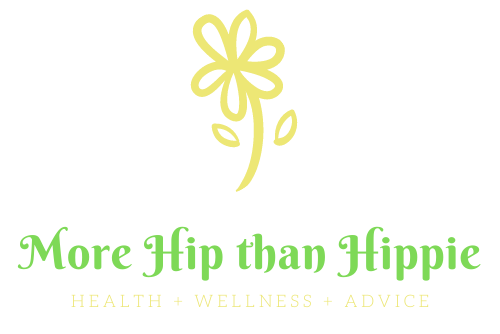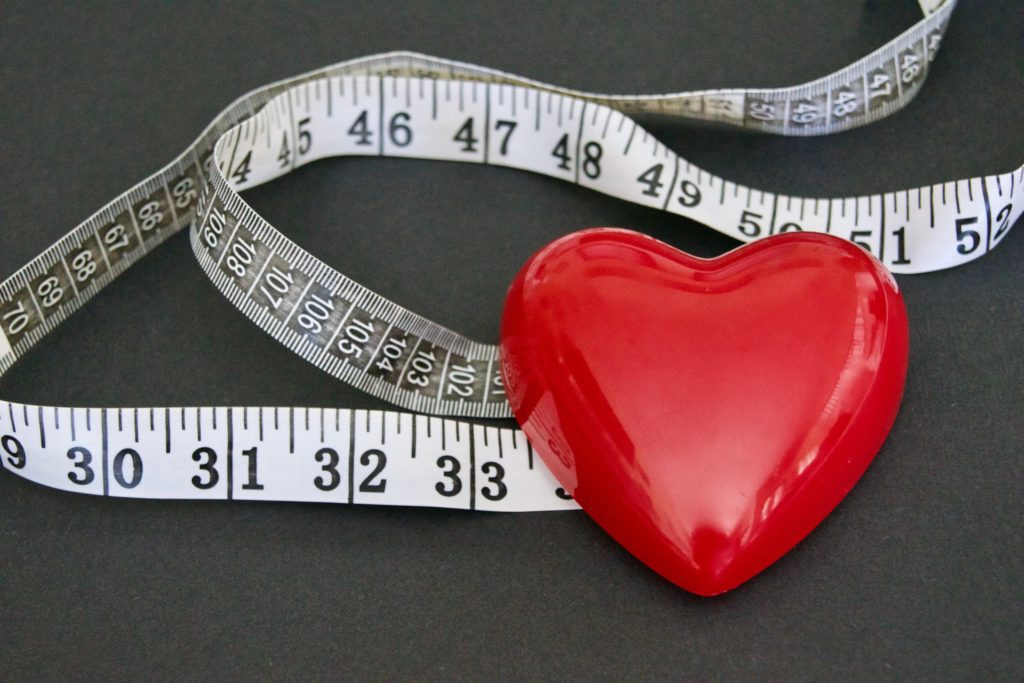While most people have heard of traditional psychotherapy, some are less familiar with the other types of therapy out there that can help change lives and inspire hope. If you’ve always wondered about options for therapy and what types of therapy might work for you or a person you care about, read on for more about three types of therapy and how they could benefit you or someone you know.
1. Speech Therapy

One fantastic form of therapy is speech therapy, where trained speech therapists use tools like Verboso speech cards to help with things like tongue ties, stuttering, developmental delays, and more. This form of therapy can help with confidence, end a speech impediment, and give clients the tools they need to communicate more effectively.
Many speech therapists work with young children who are experiencing speech delays or are on the autism spectrum. Some will come to the child’s home to work with them on a regular basis through play therapy. They can help a child to meet milestones and improve their overall cognitive development, too.
2. Talk Therapy

Most people have heard of individual therapy done by trained therapists who work hard to help clients with problems in their lives. This type of therapy is great for people with mental illnesses, challenges in their relationships, anxiety, or who feel lonely and isolated and just need someone to listen. Talk therapists can offer tools and resources for things like eating disorders, depression, substance use disorders, and more.
While less common, talk therapists also offer family therapy, group sessions, and support networks for people struggling with various personal issues. Whether you’re struggling with grief, hopelessness, fears, motivation, or something different, contacting a trained therapist can be a great way to feel better mentally. The truth is that mental health matters as much as physical health does, and the two often work hand in hand. That is, by working on your mental health, you’ll feel better physically and be more likely able to pick up some healthy habits, too.
3. Occupational Therapy

Another fantastic type of therapy is called occupational therapy. Similar to the more well-known physical therapy, occupational therapy is meant to help people return to daily routines and vocations after an injury or where there is a disability of some kind. For example, if you suffered from a stroke and once worked as a data entry clerk but can no longer type, an occupational therapist could help you to learn to type again.
Regardless of the type of therapies you or someone you care about need, it’s important to realize that there is currently a global mental health crisis due to the pandemic, and reaching out for help can be a great way to improve any challenges you’re facing including with symptoms of long-haul COVID-19.
Therapists of any type agree that the benefits of self-care are worth making your mental and physical health a priority, especially in difficult times. At the end of the day, whether you’re planning to see a therapist with a goal to learn healthy coping skills, or you need physical therapy after an injury, you’ll likely soon find out that all therapists believe in the benefits of self-care and will encourage you to make your mental and physical wellness priorities in these unconventional times. By taking advantage of the services out there, you’re already taking a great first step toward a healthier future and you. Best of luck to you as you begin a new chapter with any type of therapy. You’ll thank yourself for it later on. If you aren’t sure what type of treatment might work best for you, consider talking to a health care provider you trust for a referral.


